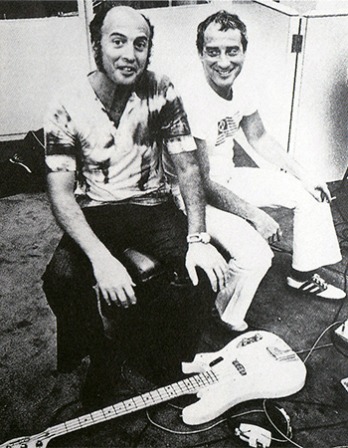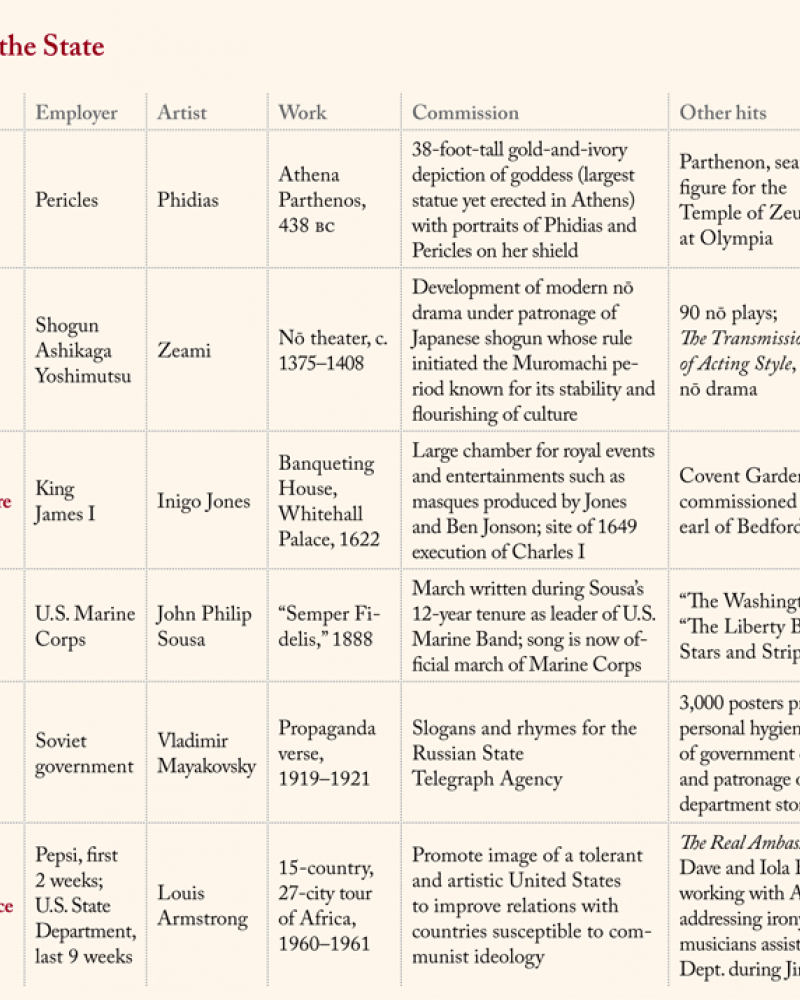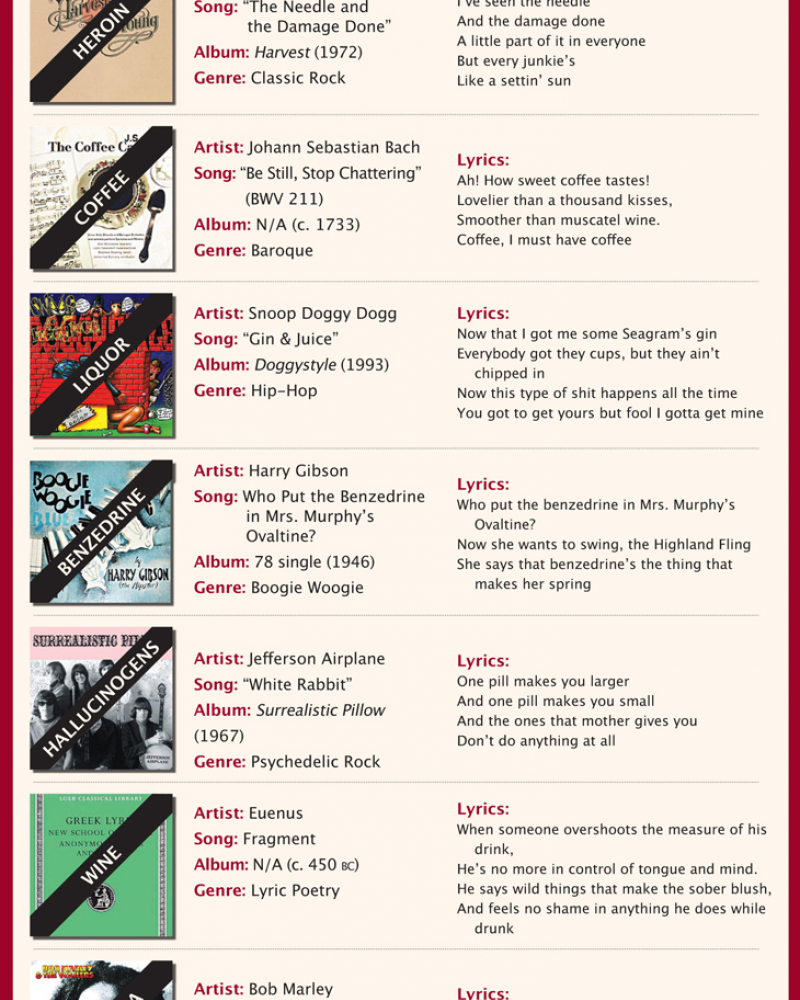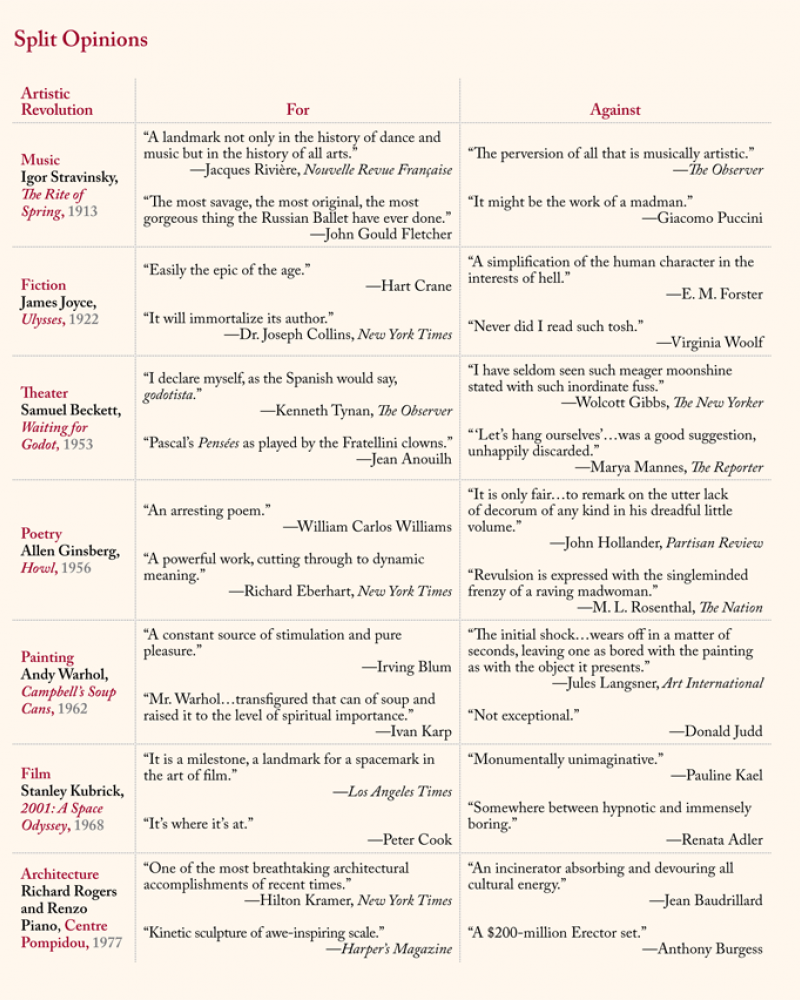Miscellany
In 1923 Jewish composer Arnold Schoenberg declined painter Wassily Kandinsky’s offer to join the Bauhaus, having heard that other members of the school were anti-Semitic. “For I have at last learned the lesson that has been forced upon me during this year,” Schoenberg wrote to Kandinsky, “and I shall not ever forget it. It is that I am not a German, not a European, indeed perhaps scarcely a human being (at least, the Europeans prefer the worst of their race to me), but I am a Jew.”





